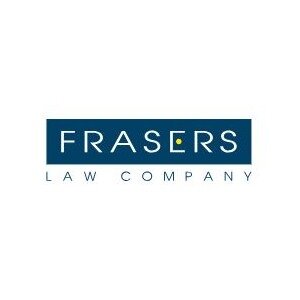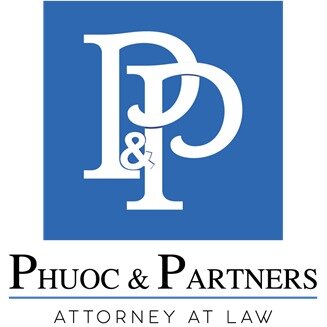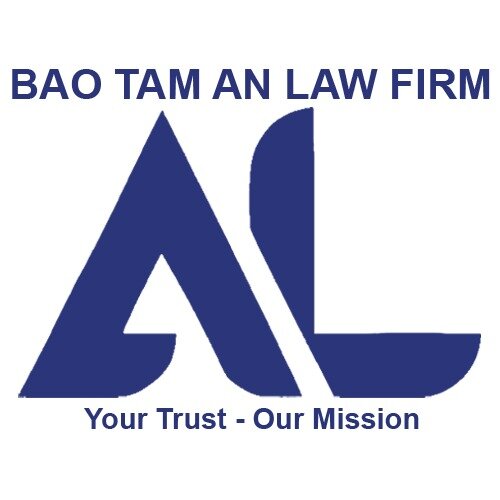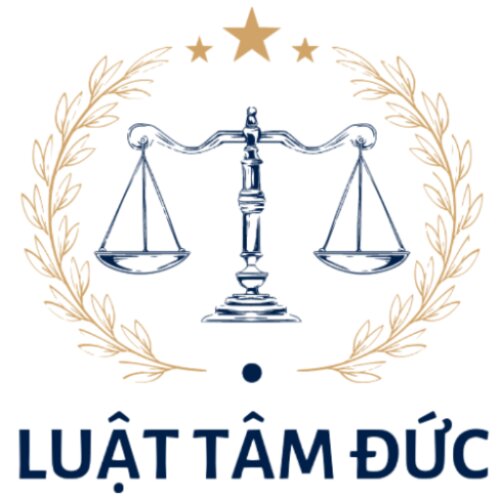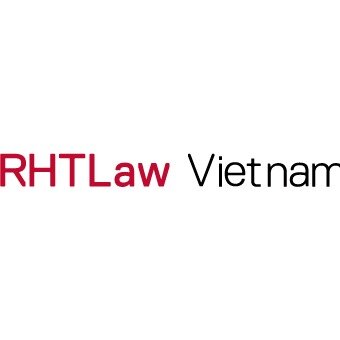Best Landlord & Tenant Lawyers in Ho Chi Minh City
Share your needs with us, get contacted by law firms.
Free. Takes 2 min.
Free Guide to Hiring a Real Estate Lawyer
List of the best lawyers in Ho Chi Minh City, Vietnam
About Landlord & Tenant Law in Ho Chi Minh City, Vietnam:
The laws concerning landlords and tenants in Ho Chi Minh City, Vietnam, come under the Civil Code of Vietnam and the Law on Housing. This legislation provides a basis for rental agreements, outlining rights and obligations of both landlords and tenants. Lease agreements are generally freely negotiable, but must comply with the legal framework and can be registered with the local authorities for additional protection.
Why You May Need a Lawyer:
While drafting or signing a lease agreement, a lawyer increases your understanding of the rights and obligations. Lawyers offer valuable assistance in potential disputes between landlords and tenants, such as non-payment of rent, damage to property, or unlawful eviction. A lawyer also aids in adhering to local legal procedures and legislation, including registration of the lease with authorities, and compliance with safety and sanitation regulations.
Local Laws Overview:
The Law on Housing and Civil Code of Vietnam define regulations for Landlord-tenant relationships. Rent must be agreed upon by both parties and the agreement must outline the rights and obligations of both parties. Foreigners can lease property for a term not exceeding 50 years. It is required by law for landlords to report any foreign tenants to the police. Landlords are also responsible for maintaining structural aspects of the property and ensuring it meets safety and sanitation standards. Eviction must be done in accordance with the law.
Frequently Asked Questions:
Q1: Can foreigners own property in Ho Chi Minh City, Vietnam?
Foreigners can lease property in Vietnam for a term of up to 50 years, they cannot outright own land, but they can own residential houses and apartments.
Q2: What happens if a tenant refuses to pay rent?
Non-payment of rent is considered a breach of the lease agreement, and may result in legal action, eviction or both.
Q3: Are landlords allowed to come into the property without warning?
Landlords must respect the tenant's right to privacy. Unless there is an emergency, landlords are generally required to give reasonable notice before entering the property.
Q4: Who’s responsible for repairs?
Landlords are responsible for maintaining the structural aspects of the property, while tenants typically take care of minor repairs and maintenance within their living area.
Q5: What are the eviction laws in Ho Chi Minh City, Vietnam?
Eviction must follow a legal procedure as outlined in the Civil Code and requires appropriate notice and reason. Illegal eviction may lead to fines and other penalties.
Additional Resources:
The Department of Housing and Land Management's provides information on local legislation and rental regulations. The People's Court of Ho Chi Minh City can provide information about legal procedures and legal aid. The Ministry of Natural Resources and Environment's Land Administration Department can serve as a valuable resource in terms of up-to-date information on relevant laws and regulations.
Next Steps:
If you need legal assistance related to landlord-tenant law in Ho Chi Minh City, Vietnam, contact a local attorney specializing in property law. They can guide you through the complexities of the law and represent your interests in any potential dispute or legal proceeding. It is particularly important to hire an attorney if you're unfamiliar with local landlord-tenant law or the Vietnamese legal system in general.
Lawzana helps you find the best lawyers and law firms in Ho Chi Minh City through a curated and pre-screened list of qualified legal professionals. Our platform offers rankings and detailed profiles of attorneys and law firms, allowing you to compare based on practice areas, including Landlord & Tenant, experience, and client feedback.
Each profile includes a description of the firm's areas of practice, client reviews, team members and partners, year of establishment, spoken languages, office locations, contact information, social media presence, and any published articles or resources. Most firms on our platform speak English and are experienced in both local and international legal matters.
Get a quote from top-rated law firms in Ho Chi Minh City, Vietnam — quickly, securely, and without unnecessary hassle.
Disclaimer:
The information provided on this page is for general informational purposes only and does not constitute legal advice. While we strive to ensure the accuracy and relevance of the content, legal information may change over time, and interpretations of the law can vary. You should always consult with a qualified legal professional for advice specific to your situation.
We disclaim all liability for actions taken or not taken based on the content of this page. If you believe any information is incorrect or outdated, please contact us, and we will review and update it where appropriate.







